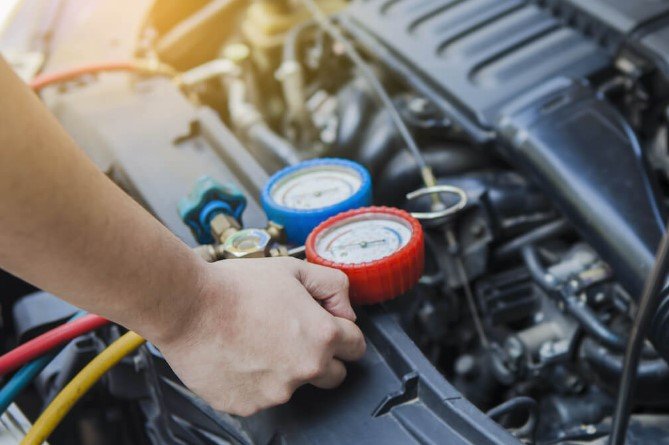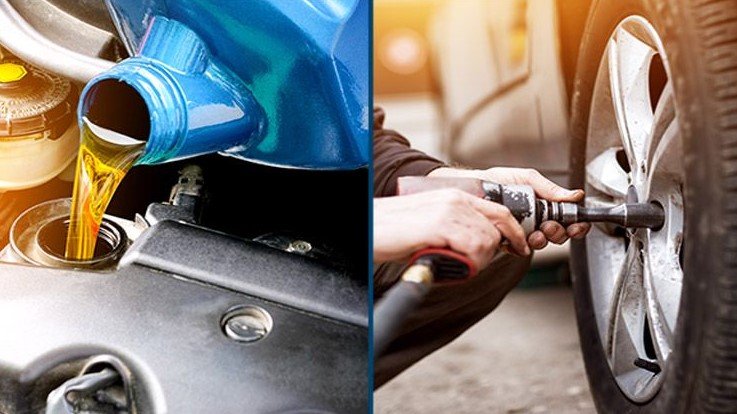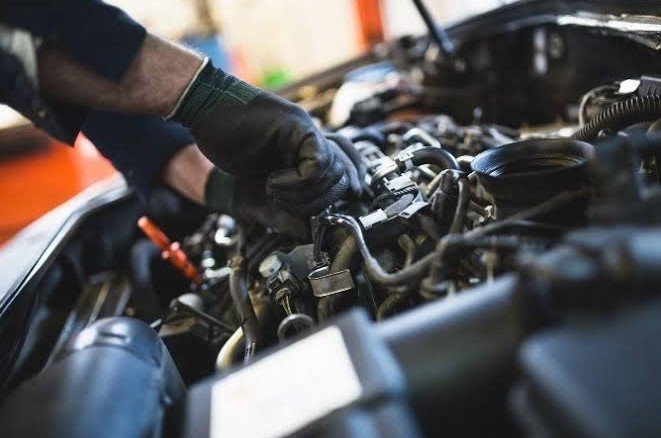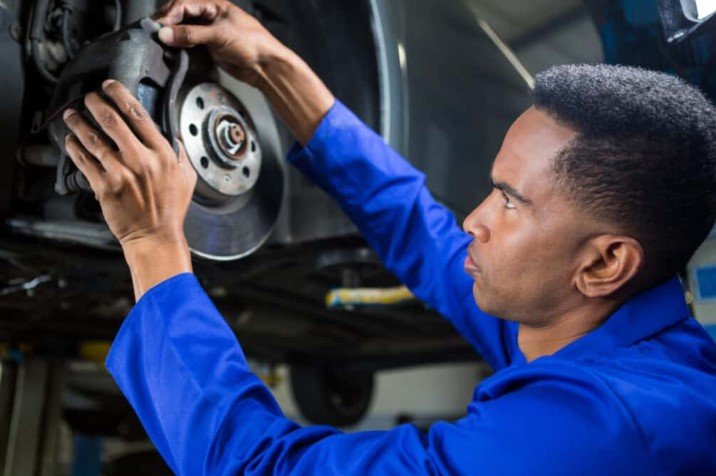
The Importance of Regular Car Servicing

In today’s fast-paced world, owning a car has become more of a necessity than a luxury. Whether it’s commuting to work, running errands, or embarking on road trips, our vehicles play a crucial role in our daily lives. However, to ensure optimal performance and longevity, regular car servicing is paramount.
Enhanced Safety
One of the primary reasons for regular car servicing is safety. A well-maintained vehicle is less likely to encounter unexpected breakdowns or malfunctions, reducing the risk of accidents on the road. From checking brake systems to examining tire tread depth, routine maintenance helps identify and address potential safety hazards before they escalate.
Improved Performance and Efficiency
Regular servicing not only enhances safety but also improves overall performance and fuel efficiency. Components such as the engine, transmission, and fuel system require periodic maintenance to operate smoothly. By replacing worn-out parts, cleaning filters, and optimizing engine performance, car servicing ensures that your vehicle runs efficiently, saving you money on fuel costs in the long run.
Prevention of Costly Repairs
Neglecting routine maintenance can lead to minor issues snowballing into major and costly repairs. For instance, a simple oil change can prevent engine damage and extend its lifespan. By adhering to scheduled servicing intervals, you not only prevent unexpected breakdowns but also prolong the longevity of your vehicle, ultimately saving you money on repairs.
Types of Car Services
Car services encompass a wide range of maintenance procedures aimed at keeping your vehicle in top condition. Some of the most common types of car services include:
- Routine Maintenance Checks: Regular inspections of fluid levels, belts, hoses, and filters.
- Oil Change: Replacing old and dirty oil with fresh, high-quality lubricant.
- Brake Service: Inspection, repair, and replacement of brake pads, rotors, and calipers.
- Tire Rotation and Alignment: Ensuring even tire wear and proper alignment for optimal handling and safety.
- Engine Tune-Up: Fine-tuning engine components for maximum performance and efficiency.
- Transmission Service: Flushing and replacing transmission fluid to maintain smooth gear shifts.
Choosing the Right Car Service Provider
When it comes to car servicing, choosing the right service provider is crucial. Consider the following factors:
- Reputation and Experience: Opt for a reputable service provider with years of experience and a track record of customer satisfaction.
- Certifications and Credentials: Ensure that the technicians are certified and trained to perform the necessary services on your vehicle.
- Quality of Service and Customer Reviews: Read reviews and testimonials from previous customers to gauge the quality of service provided.
- Pricing and Transparency: Look for a service provider that offers transparent pricing with no hidden fees or charges.
DIY vs. Professional Car Servicing
While some car maintenance tasks can be performed at home by DIY enthusiasts, certain procedures require professional expertise and specialized equipment. While DIY maintenance can save money in the short term, professional servicing offers several advantages:
- Expertise: Trained technicians have the knowledge and skills to diagnose and repair complex issues.
- Quality Parts and Equipment: Professional service centers use high-quality parts and state-of-the-art equipment to ensure optimal performance and durability.
- Warranty Coverage: Servicing your vehicle at authorized service centers helps maintain warranty coverage and ensures compliance with manufacturer guidelines.
Common Car Service Mistakes to Avoid
To avoid costly repairs and ensure the longevity of your vehicle, avoid the following common mistakes:
- Neglecting Routine Maintenance: Skipping scheduled servicing intervals can lead to premature wear and tear of components.
- Ignoring Warning Signs: Pay attention to warning lights, unusual noises, and changes in vehicle performance.
- Delaying Repairs: Addressing minor issues promptly can prevent them from escalating into major problems.
Conclusion
In conclusion, regular car servicing is essential for maintaining the safety, performance, and longevity of your vehicle. By adhering to scheduled maintenance intervals and addressing issues promptly, you can enjoy a smooth and trouble-free driving experience for years to come.
FAQs (Frequently Asked Questions)
- How often should I service my car?
- The frequency of car servicing depends on factors such as mileage, driving conditions, and manufacturer recommendations. Generally, vehicles should be serviced every 6 months or 5,000 to 7,500 miles.
- What are the signs that my car needs servicing?
- Signs include unusual noises, dashboard warning lights, decreased fuel efficiency, and changes in vehicle performance.
- Can I service my car myself?
- While some maintenance tasks can be performed at home, complex procedures and diagnostics should be left to trained professionals to ensure safety and reliability.
- Why is regular oil change important?
- Regular oil changes help lubricate engine components, prevent overheating, and prolong engine life by reducing friction and wear.
-
How do I choose the right car service provider?
- Look for reputable service centers with certified technicians, transparent pricing, and positive customer reviews.



